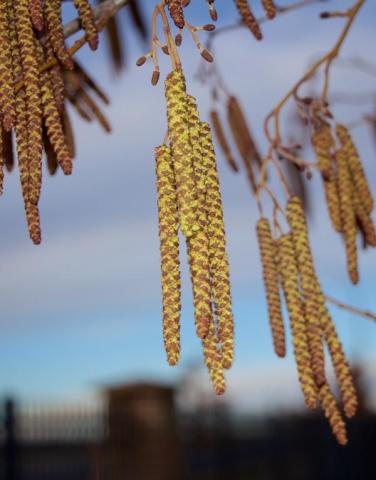
Hay fever, or seasonal allergic rhinitis, occurs because your immune system is sensitive to pollen, most commonly grass pollen. In 2004, one in four adults in the UK suffered from allergic rhinitis. Over half of these people were allergic to grass pollen.
When you inhale pollen, your body overreacts, leading to symptoms such as itchy eyes, a runny or blocked nose, sneezing and wheezing.
For some people these symptoms can be so severe that they affect everyday life. For example, allergic rhinitis can disrupt sleep, reduce work productivity, affect studies or make it difficult to enjoy outdoor activities during the summer.
Hay fever symptoms can be controlled. If your hay fever is NOT controlled, you and your doctor can work out the best treatment plan for you.
